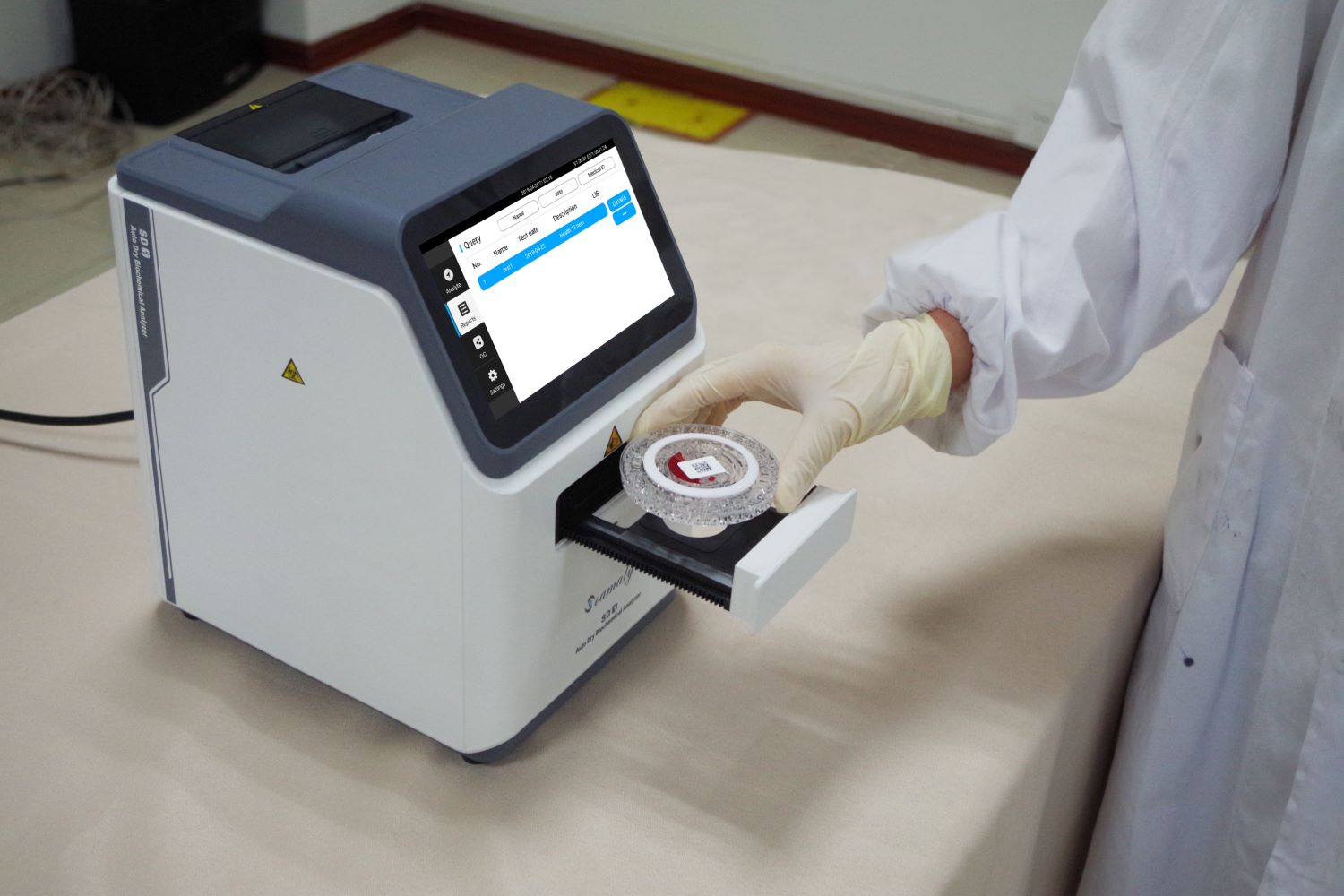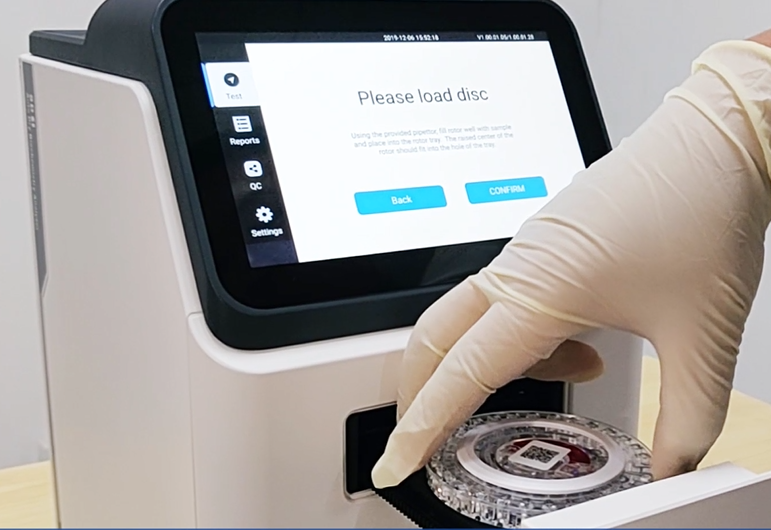release time:2022-07-25 16:49:25
This device allows researchers to measure levels of various proteins and other molecules in a sample of blood or other body fluid. Without an auto analyzer, it would be much more difficult to carry out many important experiments. In this blog post, we will take a closer look at what an auto analyzer is and how it works. We will also discuss some of the key applications of this tool in biochemistry research.

2024-07-16
Seamaty offers top-performing POCT biochemistry analyzers (SD1, SMT-120, SD3) for rapid, accurate diagnoses at the point of care. These user-friendly analyzers deliver a broad test menu (liver, kidney, glycemic, lipids, more) with minimal sample volume and require less maintenance. Learn more about efficient & portable Seamaty POCT analyzers!

2024-01-08
Explore the must-have medical lab equipment for setting up a new lab. From chemistry analyzers to PCR machines, discover top brands and their uses in accurate diagnostic testing for efficient and reliable laboratory operations.

2021-10-15
Point of care testing has developed rapidly in recent years mainly due to the application of some new technologies. The development of POCT products has gone through roughly the following four stages.